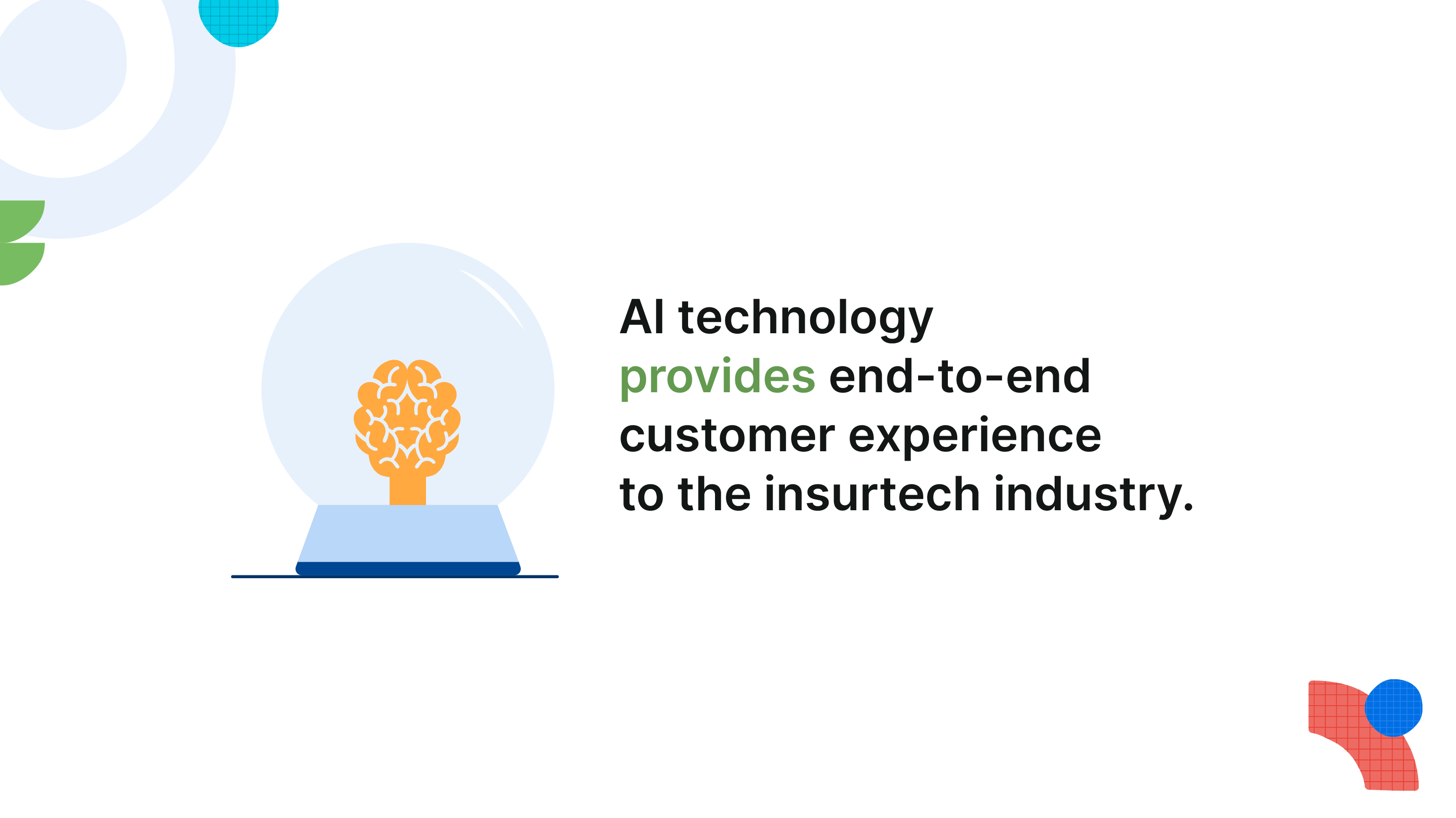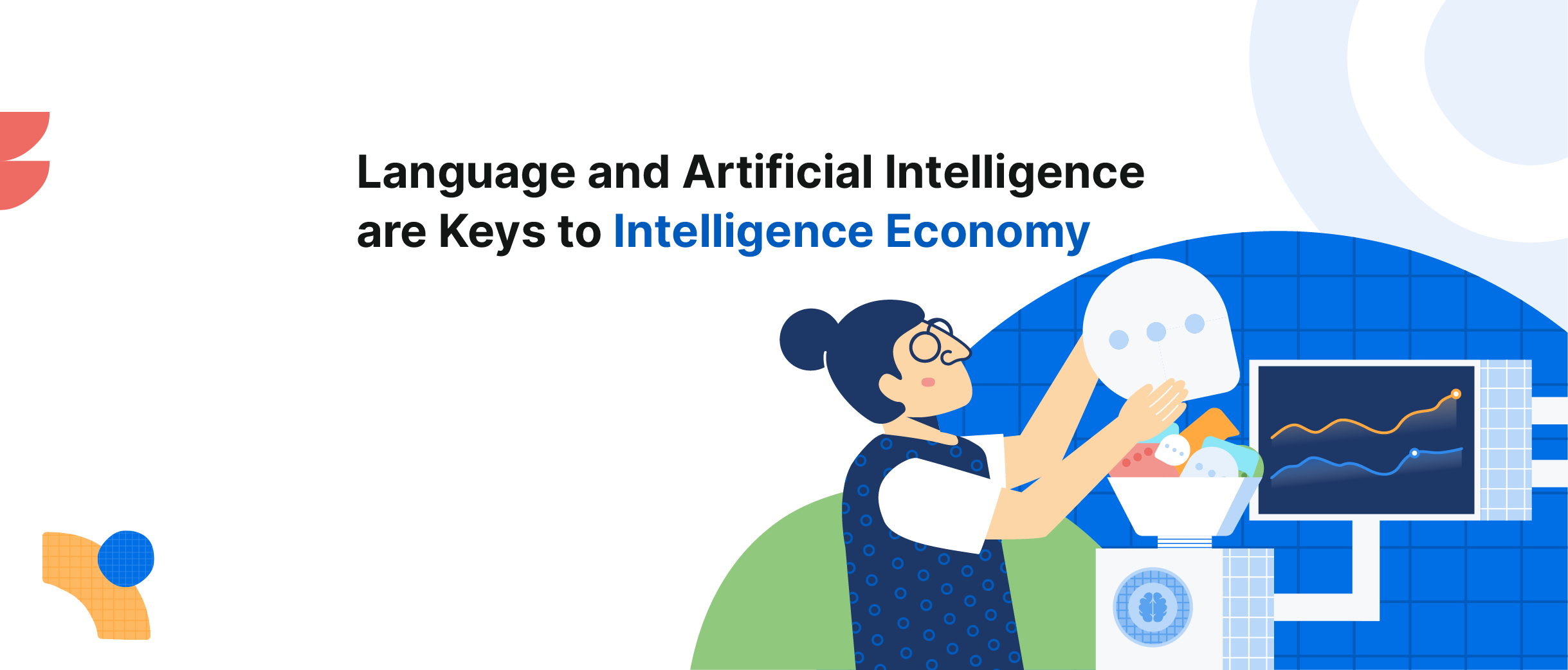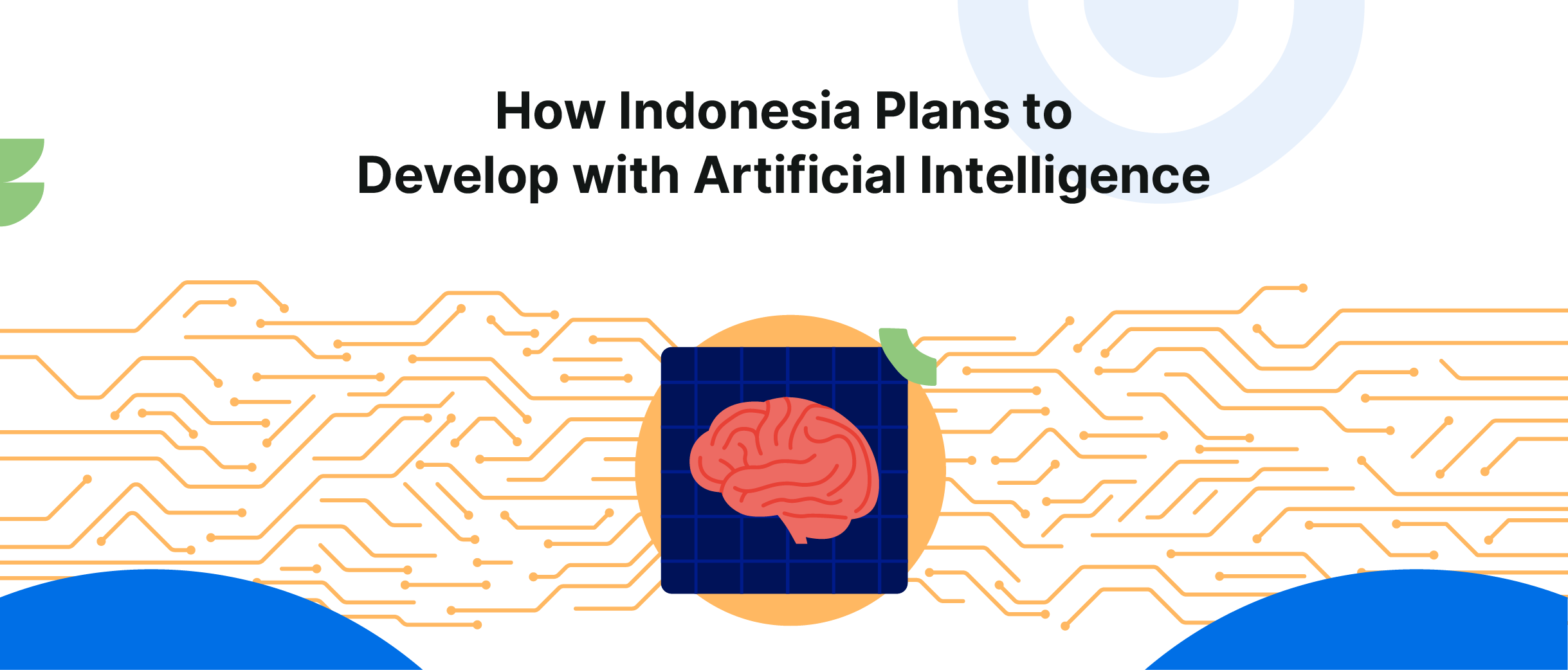Indonesia has emerged as a leader in the implementation of artificial intelligence (AI) technology in the Asia-Pacific region. In Indonesia, AI technology has been implemented in several industries, including education, entertainment, and healthcare. This advanced technology is believed to play a crucial role in digital business. It has the potential to transform everything, from business operations to customer experiences.
One of the industries that utilize AI technology is the insurance industry, including Qoala. Currently, Qoala uses AI technology to process an insurance claim. For example, when a customer’s phone is damaged, they only need to send a video of their phone condition. Then Qoala’s AI system will identify the damage. In just a few minutes, customers will get a notification whether their phone can be claimed or not.
As an AI conversational company that focuses on developing virtual assistant technology, our CEO & Co-Founder - Irzan Raditya, had an opportunity to share insights about Kata.ai’s conversational AI technology on Instagram Live held by Qoala. This Instagram live was hosted by Cliff Sutantijo - VP Marketing Qoala, discussing a topic about “Help Conversations Turned Into Conversions.” Irzan shared stories about how Kata.ai’s technology has helped businesses from various industries to develop intelligent virtual assistants.
“Our mission is to elevate people's potential through the power of language and technology. We focus on developing Natural Language Processing (NLP). It’s a kind of technology that allows computers to understand human language naturally. Because we believe, language is the most powerful tool that humans have, and language is the key to intelligence economy,” said Irzan.

In this Instagram Live, Irzan also said, if we want to develop AI technology, we should focus on implementing it in the industrial sector. So we can have the competitiveness to solve various problems by utilizing AI technology in different industries, including insurtech.
“AI technology will also provide value to the insurtech industry, not just for the transactional matter. This technology can provide end-to-end customer experience, starting from when customers buy insurance until they access the feature that is offered,” said Irzan.
In addition to that, Cliff Sutantijo appreciates Kata.ai's commitment to empowering more than 120 companies from various industries to build smart virtual assistants. Recently, Kata.ai also collaborates with the government to create Strategi Nasional Kecerdasan Artifisial (Stranas KA). This strategy was designed with Badan Pengkajian dan Penerapan Teknologi (BPPT), Kemenristek BRIN, industry players, and academics to create a blueprint in developing artificial intelligence (AI) and Indonesia's vision in 2045.
“This is a leap to pursue other countries that already step ahead in developing AI technology. We fully support the development of AI technology in Indonesia. Especially for the insurtech industry, we hope that AI technology can change people’s perception that insurance is important to protect us from bad things. I am optimistic that the implementation of AI technology will be accepted by society,” said Cliff.
Cliff also said if the development of AI technology in Indonesia’s insurtech industry was left behind compared to other countries.
“In other countries, AI technology has been implemented first in the insurance industry. For example, for health insurance, the plan that offers is tailored based on customers’ medical history. Even they use facial recognition technology to identify someone’s level of smoking. The higher the level of their smoking habit, the greater the insurance costs that must be paid,” said Cliff.


















